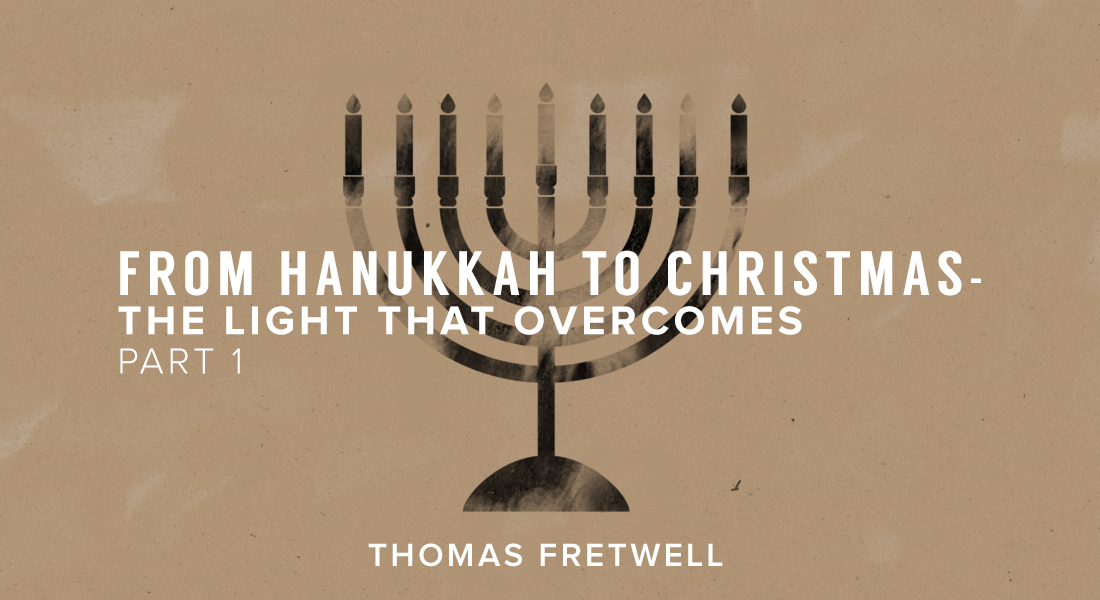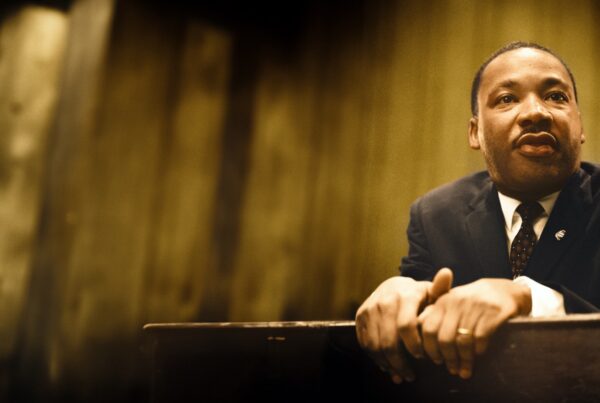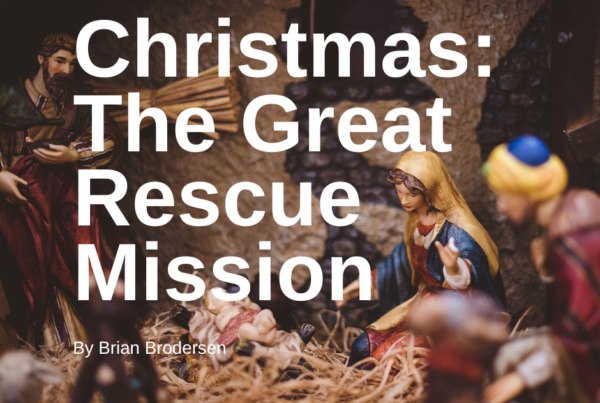
As Christians around the world prepare to celebrate the birth of Jesus, we should remember that this momentous event is the culmination of a rich prophetic tradition, which has its roots deeply planted in Jewish soil. The birth of Jesus Christ is the fulfillment of messianic prophecy. The Jewish Messiah, born from the line of David, in the town of Bethlehem, has come. At this same time of year, Jews around the world celebrate the festival of Hanukkah, often called the festival of lights. There is much that we can learn from each other during these times that will enrich our understanding of the Scriptures and the holiday season.
Darkest Before the Dawn
Unfortunately, the richness of this festival is often lost on a Christian audience who lacks a proper understanding of the historical context. This history has impacted Jewish identity and thought ever since. It is important we do not lose this aspect of our Judeo-Christian heritage and the ability to see how it connects to the Messiah at this time of year.
In the year 175 BC, a largely unknown time “between the testaments” for many Christians, a man named Antiochus IV ascended to the throne of the Greek Empire. He was an eccentric ruler known for his cruelty. He took the title Antiochus Epiphanes (“God manifest”). A title that should grab our attention as we celebrate Emmanuel – “God with us.” However, this self-appointed divine title didn’t fit well with many, and he was often given the nickname Antiochus Epimanes (“The Mad One”), a play on the word Epiphanes. Antiochus was especially cruel toward the Jewish people outlawing many Jewish laws and customs. Upon hearing premature reports of Antiochus’ demise, the Jews revolted in a failed attempt to take back Jerusalem. The book of Maccabees records:
“When news of what had happened reached the king, he took it to mean that Judea was in revolt. So, raging inwardly, he left Egypt and took the city by storm. And he commanded his soldiers to cut down relentlessly everyone they met and to slay those who went into the houses. Then there was killing of young and old, destruction of boys, women, and children, and slaughter of virgins and infants. Within the total of three days eighty thousand were destroyed, forty thousand in hand-to-hand fighting; and as many were sold into slavery as were slain” (2 Maccabees 5:11-14).
Antiochus went to great lengths in his attempt to Hellenize the Jewish people and destroy their unique identity. He outlawed sabbath observance and the festivals; he confiscated Torah and Jewish books, put his own priests in the temple who filled it with idols, and often murdered people as well. The final act for the Jews was when he desecrated the Holy Temple. Josephus records:
“And when the king had built an idol altar upon God’s Altar, he slew a swine upon it, and so offered a sacrifice neither according to the law, nor the Jewish religious worship in that country. He also compelled them to forsake the worship which they paid their own God, and to adore those whom he took to be gods, and made them build temples, and raise idol altars, in every city and village, and offer swine upon them every day. He also commanded them not to circumcise their sons and threatened to punish any that should be found to have transgressed his injunction.” (Antiquities of the Jews 6:12).
The Revolution Begins
One of these cities was called Modi’in, and when the Greek soldiers arrived, they built an alter and insisted that the priests sacrifice a pig on it. The priest of this city was called Mattathias; he had five sons. He refused to do what the soldiers asked, and instead, he turned on the soldiers and killed them, knocked down the pagan alter and cried out; “Follow me, all of you who are for God’s law and stand by the covenant” (1 Maccabees 2:27).
These words inspired a rebellion. Mattathias and his sons fled to the mountains followed by the faithful of Israel. Mattathias was now the leader of a rebel army. Using the terrain and local knowledge to their advantage, they engaged in guerrilla warfare against the enemy. At his death, he handed over control of the Jewish resistance to one of his sons – Judas. His courageous leadership, powerful speeches, along with his faithfulness to the Torah, earned him the name Judas the Maccabee (Y’hudhah HaMakabi) – a nickname meaning the Hammer!
Cleansing the Temple
After many victories, Judas set his sights on Jerusalem, in order to purify the Temple. Finding the Holy Temple in an appalling condition Judas and his followers began to purify the Temple. Upon construction of a new menorah for the temple they found only a single cruse of oil with the seal of the high priest on it. This was enough oil to keep it burning for only one day, and it would take seven days to prepare a fresh supply of kosher oil. The Talmud (Shabbat 21b) records that a miracle occurred, and they were able to light the menorah for eight days with this tiny amount.1 Thus, the festival also became known as the Festival of Lights. The feast of Hanukkah (meaning dedication) begins on the 25th of Kislev and lasts eight days. The message of Hanukkah is one of redemption, sacrifice and faithfulness. With the menorah once again lit in the Temple Israel could fulfill her purpose and become “a light for the nations” (Isaiah 49:6).
This is where we begin to see the deeper meaning in the Festival of Lights and how this prophecy of Isaiah would be fulfilled. Israel was soon to bring a servant into this world who would be the true light of life (John 8:12). This is our link with the Christmas season; If God had not intervened to preserve Jewish identity, there would not have been a Jewish virgin called Miriam to bring the promised child into this dark world. As it is often said; without Hanukkah there would be no Christmas.
We will continue with part two for the conclusion of the story.
Notes:
1 This traditional part of the story is debated amongst historians as the “miracle of oil” is not recorded in the Book of Maccabees or by Josephus.









